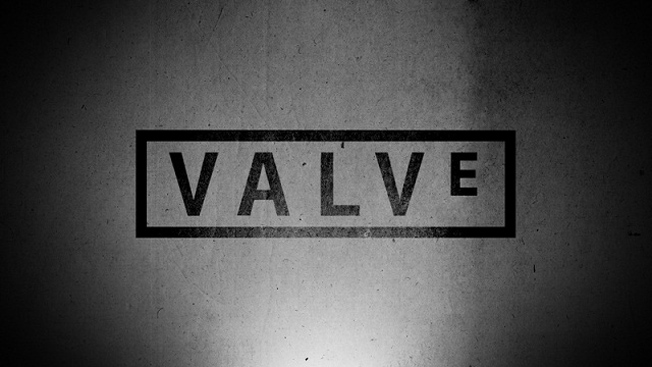Whether you realize it or not, Valve is about to become a very important player in not just the gaming world but the tech industry as a whole. The hugely popular game developer behind the Portal and Half-Life franchises has also long been a favorite among PC gamers for its Steam online game shop that often offers popular titles at steep discounts. And this week we’ve learned that Valve is working on its most ambitious project yet: An open-source Linux-based gaming platform that third-party manufacturers will be able to use for free on their own Steam Machine consoles that they’ll sell directly to consumers.
If this sounds familiar that’s because it’s the exact same strategy that Google has successfully used to make its Android platform the most widely used mobile OS in the world. And a profile of the company at BBC News reveals that Valve actually seems to be a lot like Google was back in the days before it became one of the most valuable tech companies in the world: Employees can take time to do any projects that they find interesting and the company pays for an annual company-wide vacation for all employees at a tropical resort.
But in many ways Valve is even more anarchic than Google ever was. The company says that it doesn’t believe in bosses and lets employees vote on what their coworkers deserve to get paid. That Valve has been able to not only survive but thrive with such a chaotic-seeming workplace environment is a pretty remarkable feat.
Of course, it helps that the company is extremely selective in whom it will bring onboard. As BBC News notes, Valve isn’t just looking for talented game developers but for developers who are responsive to peer pressure, who work well as teammates and who are able to consistently produce good work with minimal structure or guidance.
“The culture is a flat organization without a lot of top-down direction,” Valve marketing manager DJ Powers tells BBC News. “That’s not a comfortable situation for a lot of people.”
But the people who are comfortable with it have thrived, producing some of the best-loved games of the past decade while changing the way that people buy games for their PCs with Steam. As the company now spreads its reach further to compete with longtime gaming hardware giants Microsoft and Sony it will be fascinating to see just how far Valve’s corporate anarchy can take it.






